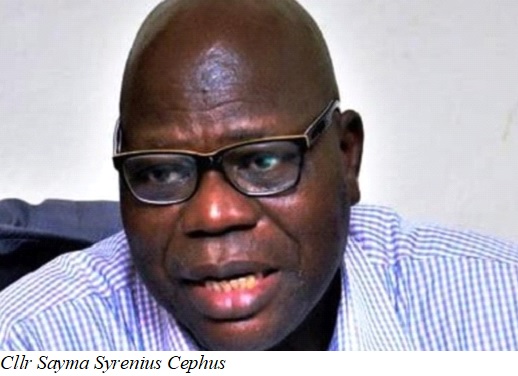MONROVIA – Renowned Liberian constitutional lawyer Cllr. Seyma Cyrenius Cephas argues for separating war and economic crimes courts, highlighting key distinctions in an essay titled “Resetting and Redefining the Debate on the Establishment of War and Economic Crimes Court (WECC) in Liberia”.
Cllr. Cephas, who contributed to drafting the 2024 Joint Resolution (#JR-001/2024) of Liberia’s Legislature, emphasizes the resolution calling for two courts: (i) a UN-backed Special War Crimes Court and (ii) an Anti-corruption Court (also referred to as Economic Crimes Court) handling economic crimes from 1979 to present, considering statute of limitations constraints.
The President’s Executive Order aligns with this legislative objective, he stated.
He posits that the Office of the War and Economic Crimes Courts (OWECC) is responsible for preparatory activities for both the War Crimes Court and the Anti-corruption/Economic Crimes Court.
The Joint Resolution envisages the UN backing the Special War Crimes Court specifically.
OWECC is expected to present studies, research, and legal analyses to inform enabling legislation for both courts via the Office of the President.
Existing statutes address economic crimes; the Economic Crimes Court (ECC) was intended as a subset or ancillary to the War Crimes Court (WCC), implying establishing the WCC shouldn’t be bypassed.
Cllr. Cephas warns diverting focus from establishing the War Crimes Court makes transitional justice demands more compelling.
Cllr. Cephas’s perspective underscores the importance of addressing both war crimes and economic crimes through distinct but related judicial mechanisms, cautioning against prioritizing one over the other outside the conceived legal framework.



Comments are closed.